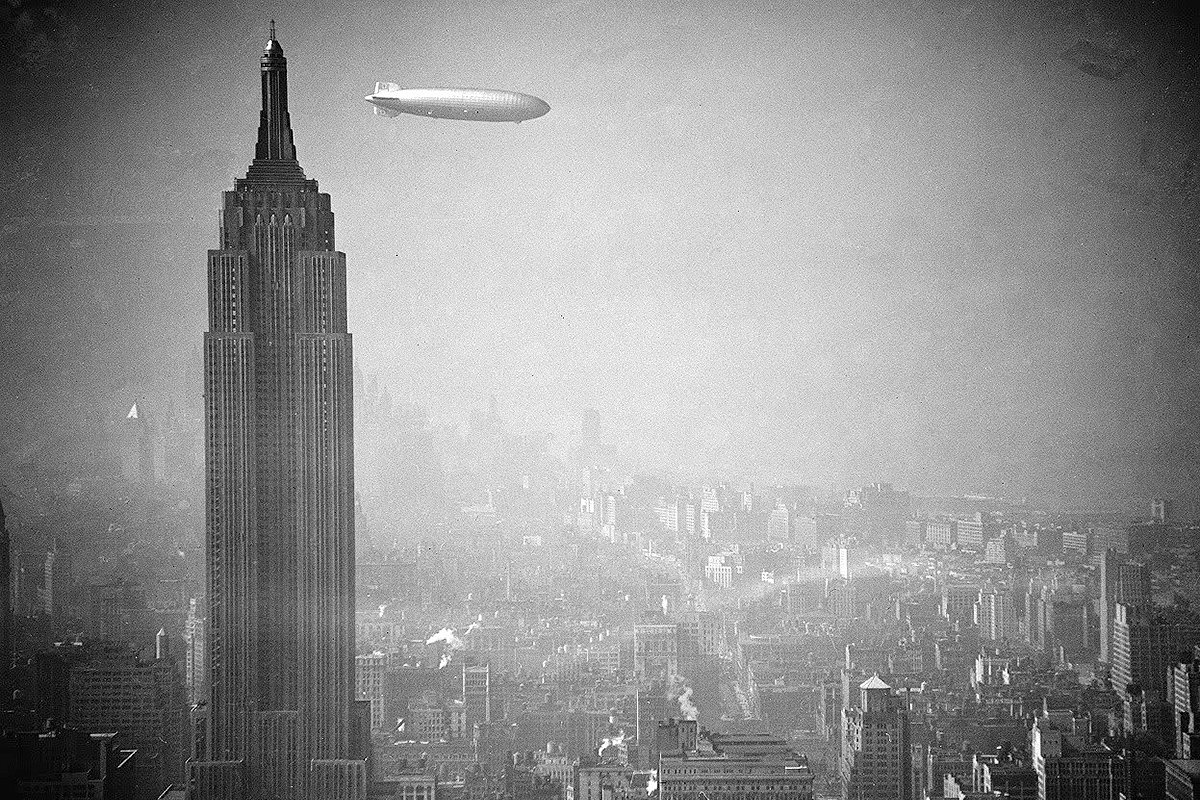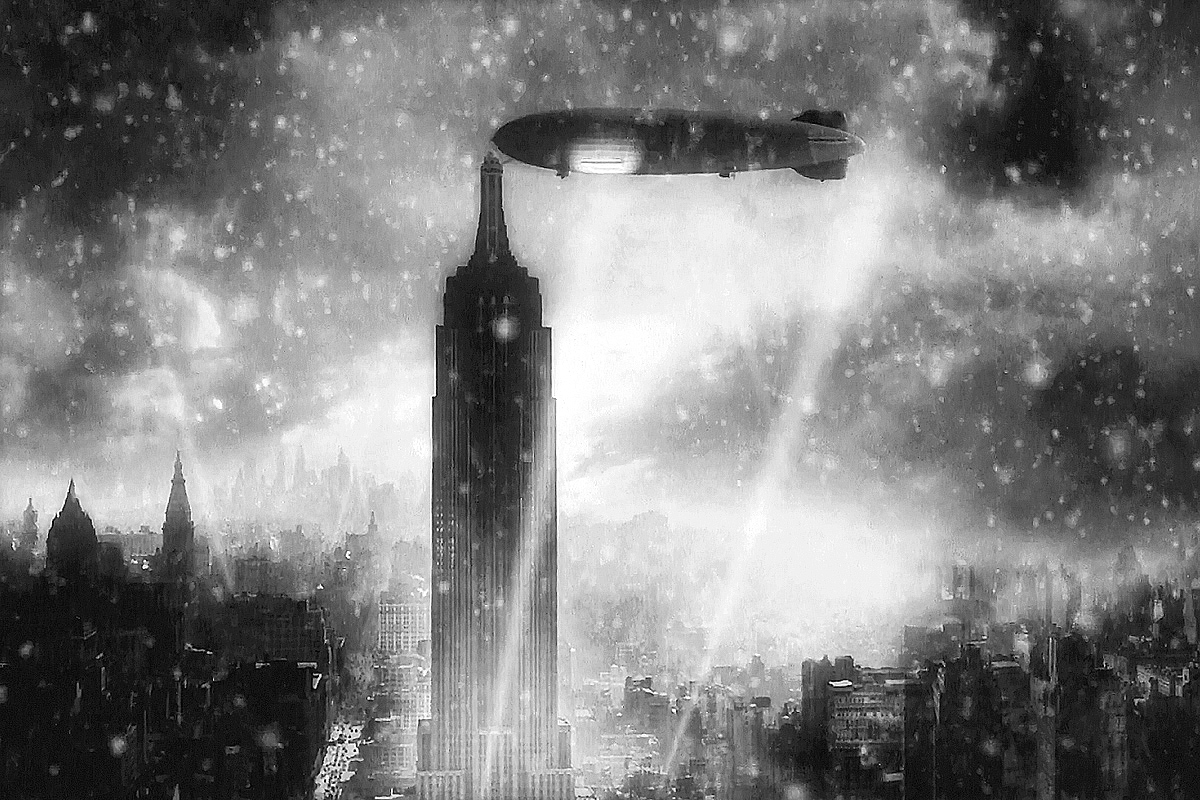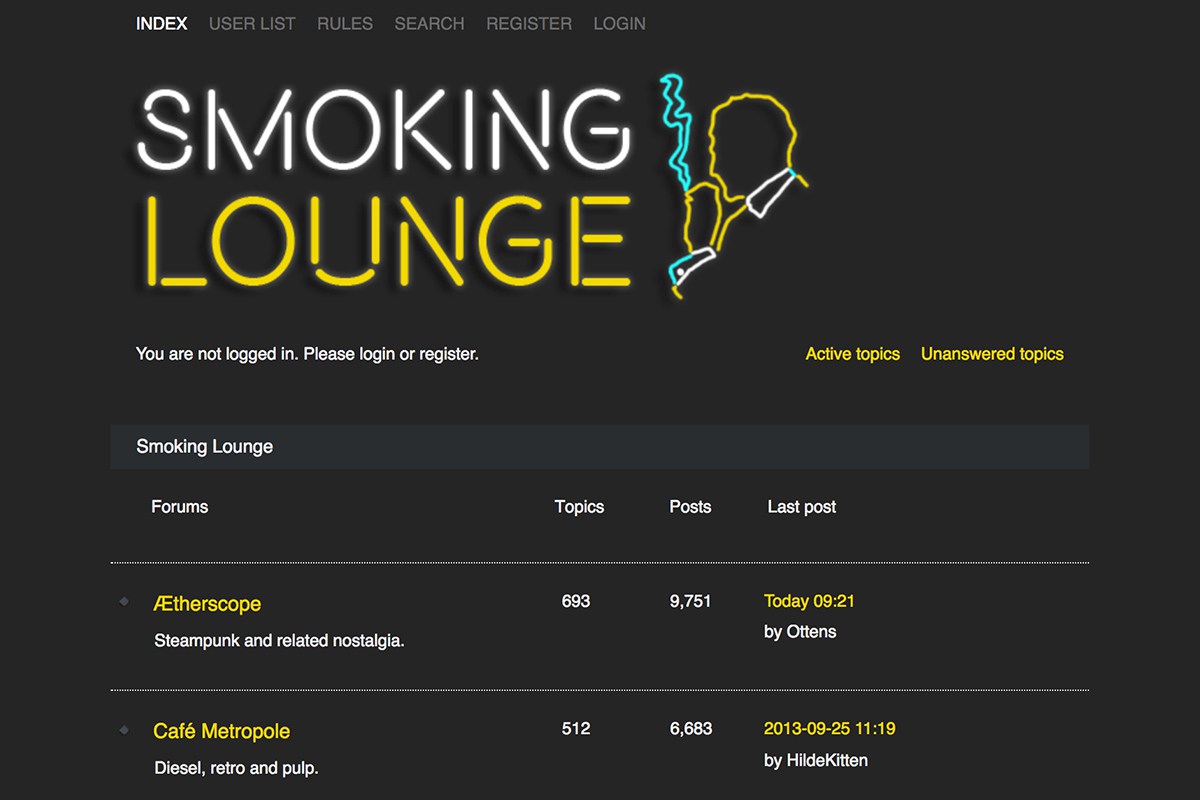Never Was is proud to announce a partnership with Sarah Zama, author of four books and many stories set in the diesel era. She most recently published Living the Twenties, a nonfiction ebook about the decade. Sarah also maintains an active blog, called The Old Shelter.
In 2018, she blogged about the history of Weimar Germany in an A-to-Z challenge: 26 entries, one for each letter of the alphabet. We’ll be republishing those stories in the coming months. The first one, about the 1918 armistice that ended World War I, just went up.
Because of the Weimar republic’s untimely demise, it was long considered a failure. More recent histories have reevaluated Germany’s first democratic regime. The years between 1919 and 1933 saw political upheaval in Germany, but also cultural boldness.
The Great War had destroyed the old world. “Everywhere in Europe, ways of life were changing dramatically as societies moved — sometimes very swiftly — from agricultural to industrial lifestyles,” Zama wrote in the introduction to her series.
Social mores and behaviors were changing, political systems too as everywhere the old nobility regime were supplanted by new, experimental political forms. These dramatic changes weren’t the fault of the republic, but the instability and insecurity they brought about were indeed blamed on the republic and the parliament’s inability to create any form of stability — which in the minds of Germans translated into weakness if not outright treason.
At the same time, 1920s Germany was a cradle of liberalism — and libertinism. Women received the right to vote. Jews were granted full citizenship. Homosexuality was no longer completely taboo. The press was free. German cinema of the era was groundbreaking.
It may seem odd that such an intellectual vivacity should coincide with economic and political instability, but there is the reason they went hand in hand:
The war was never over in the minds of Germans. In their minds and souls, they always thought they had been treated with inequality and they had a strong feeling that the time of peace they were living was just a pause in the war. Men and women who had fought the Great War felt that the old world was over and a new one was close at hand. They refused everything that the old world offered — the world that had sent them to died on the battlefields — and were eager to experiment anything new, to embrace any form of avant-garde and experimentation. They were not afraid of trying anything new since nothing could be worse than what they had already been through.
The 2020s are said to become the Roaring Twenties of our century. Certainly there are overtones of Weimar in today’s America. I can’t think of a better time to reblog Zama’s A-to-Z series, and I hope you’ll enjoy it as much as I have!




